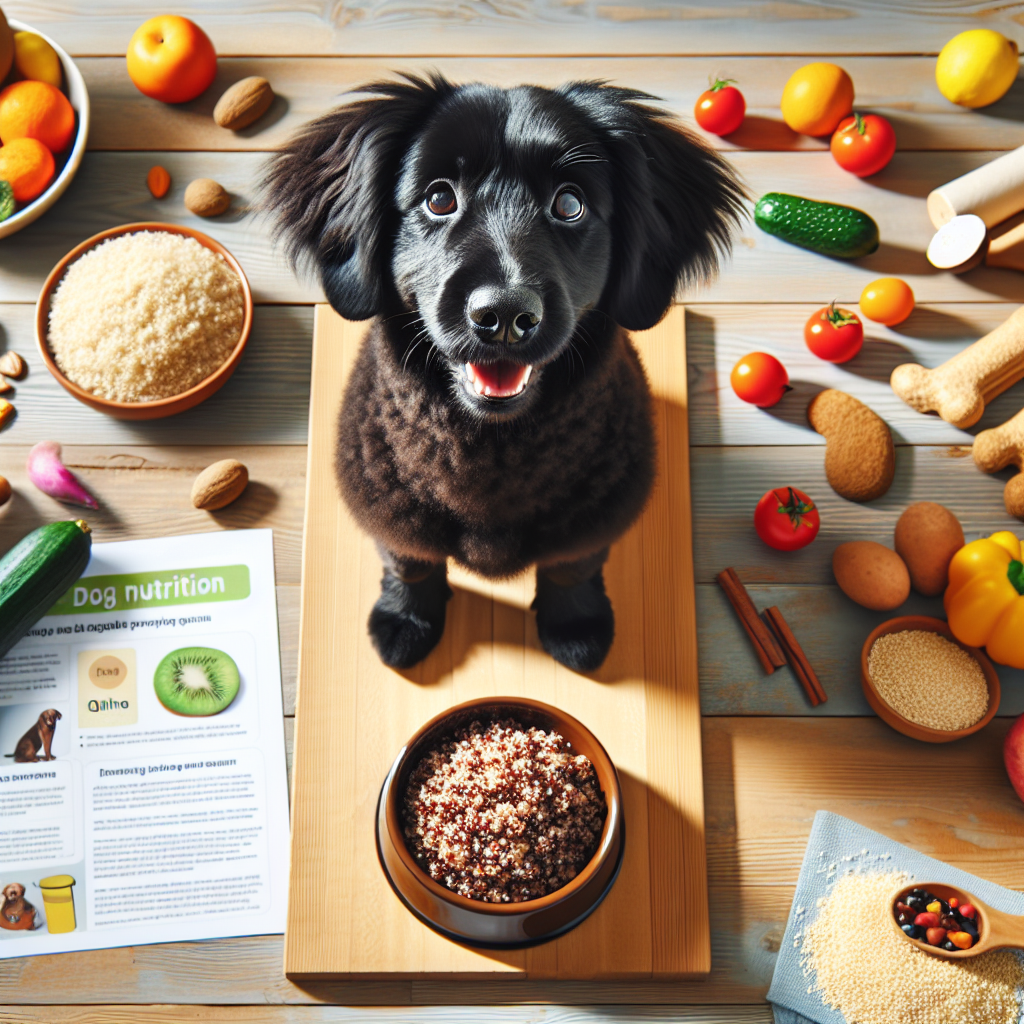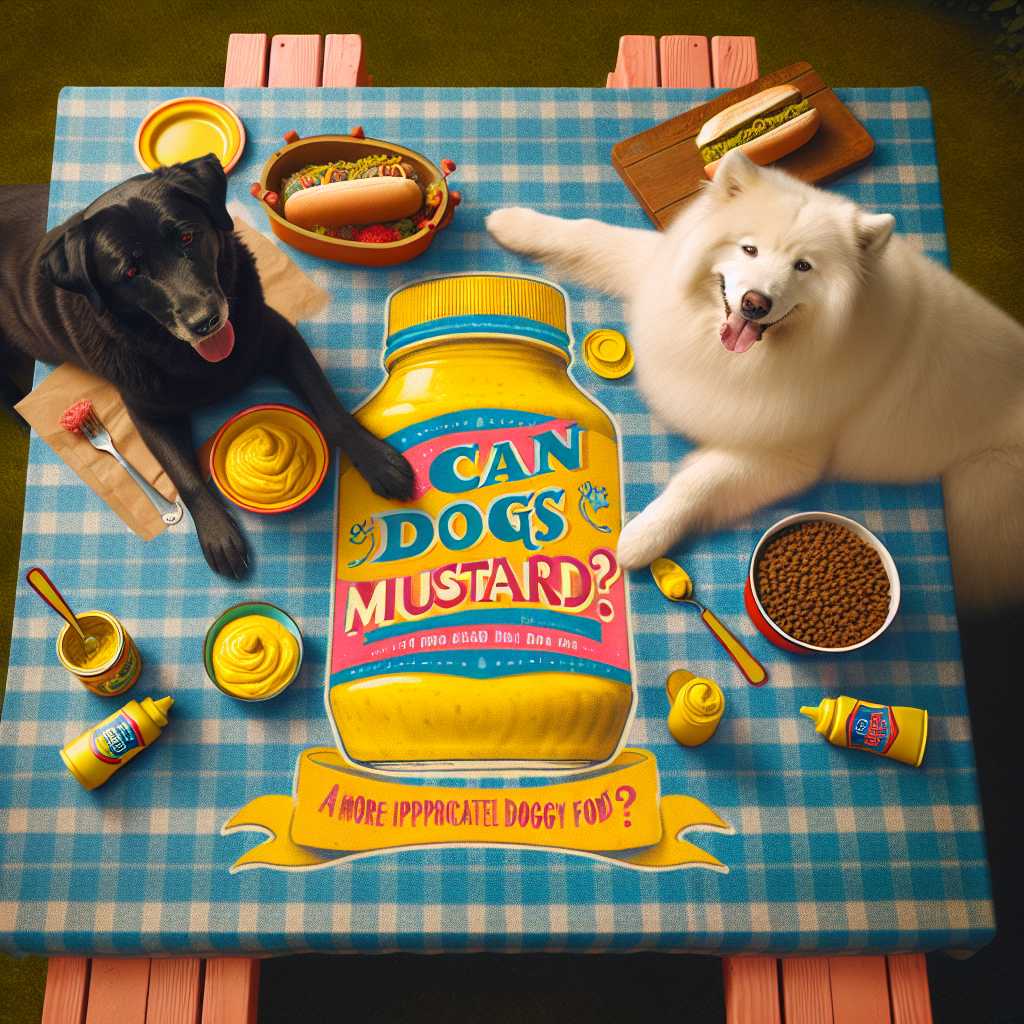Can Dogs Have Quinoa?
As pet owners increasingly explore nutritious options for their canine companions, quinoa has emerged as a popular topic of discussion. But is quinoa safe for dogs, and what are its potential benefits and drawbacks? Let’s dive into the details.
What Is Quinoa?
Quinoa is a grain-like seed that is packed with nutrients. Often touted as a superfood, it contains essential amino acids, fiber, and various vitamins and minerals. As a gluten-free option, quinoa is suitable for many human diets, and its rising popularity has led many pet owners to consider it for their dogs.
Nutritional Benefits of Quinoa for Dogs
-
Complete Protein Source: Quinoa contains all nine essential amino acids, making it a complete protein. This is particularly beneficial for dogs, especially those that are active or growing.
-
High in Fiber: Fiber aids in digestion and can help prevent gastrointestinal issues. It may also support healthy weight management by providing a feeling of fullness.
-
Rich in Nutrients: Quinoa is an excellent source of vitamins B and E, magnesium, and iron, which contribute to overall health and well-being in dogs.
- Gluten-Free: For dogs with gluten sensitivities or allergies, quinoa is a safe alternative to traditional grains.
How to Prepare Quinoa for Dogs
If you decide to include quinoa in your dog’s diet, preparation is key:
-
Rinse Thoroughly: Quinoa can contain saponins, which may be bitter and difficult for dogs to digest. Rinsing the seeds under cold water before cooking can help remove these compounds.
-
Cook Properly: Cook quinoa in water without adding any salt, oil, or seasonings. The standard ratio is 1 part quinoa to 2 parts water, and it generally takes about 15 minutes to cook.
- Moderation is Key: Start with small portions to see how your dog reacts. A handful mixed with their regular food can be a good introduction.
Potential Concerns
-
Caloric Density: While quinoa is nutritious, it is also calorie-dense. Overfeeding can lead to weight gain, so it’s important to keep portions appropriate.
-
Allergic Reactions: Although rare, some dogs may develop allergies to quinoa. Keep an eye on your dog for any signs of gastrointestinal distress, such as vomiting or diarrhea, after introducing quinoa.
-
Phytates: Quinoa contains substances known as phytates, which can inhibit mineral absorption. While this is generally more of a concern for humans, it’s something to keep in mind for dogs consuming quinoa as a staple.
- Consult Your Veterinarian: Before making any significant changes to your dog’s diet, it’s wise to consult with a veterinarian, especially if your dog has existing health conditions.
Conclusion
In conclusion, quinoa can be a healthy addition to your dog’s diet when prepared properly and offered in moderation. Its nutritional benefits are notable, making it a compelling option for enhancing your dog’s meals. Just like with any new food, pay attention to your dog’s health and behavior after introducing quinoa, and always consult with your vet for personalized advice. With the right approach, quinoa can be a safe and beneficial ingredient for your furry friend!





